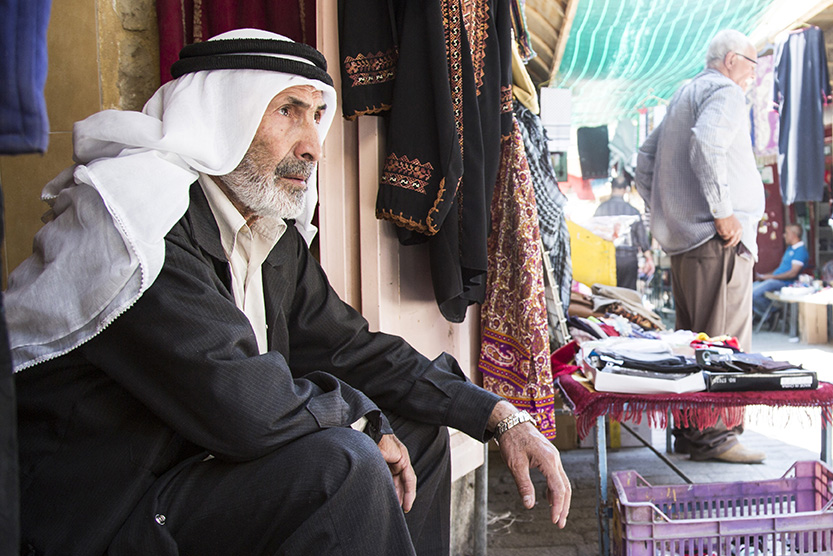RHYTHM
One of the most important characteristics of Palestinians are their extended families. Many are living in groups, called “hamula”. Such networks can have up to 1000 members. The bond in the main family is extremely strong; the family house is rarely left before marriage. Usually one son remains with the parents and any brother will settle close to them. Their future wives will leave their own families to live with their new husbands.
On average Palestinian couples have 4 to 5 children.
Weddings are one of the most important festivities for Palestinians. While most couples freely decide for themselves whom to marry, the family of course still has an influence.
Music, singing and dancing is an important part of reinforcing strong social bonds. The most popular folk dance is called “Dabka” and is performed by young Palestinians at festivities like weddings. Palestinian music has an Eastern influence. This is also true of film with many children watching Bollywood movies daily without any knowledge of Hollywood blockbusters.
DAILY ROUTINE
The daily routine starts relatively late in Palestine, for many starting around 9 am and finishing after midnight. Not so however for the workers having to pass checkpoints with long journeys. The day of rest for Muslims is Friday, for the Christians in Palestine it is Sunday. So children attending Christian schools have Fridays and Sundays off while the children attending public schools have their weekends on Friday and Saturday.
CUISINE
The everyday meals are traditional dishes with bread as the main component and are eaten with hands and perhaps a spoon. Depending on the family a typical day may start with Falafel and Hummus and end with the same.
The main meal is eaten around 3pm and is often rise with chicken. For Palestinians chicken is not viewed as meat and is consumed daily. Even though the meals are very simple, through the use of various vegetables and spices a fantastic palate is created to make each meal unique.
Sweet drinks are a favourite of young and old. Guests are typically offered a glass of juice, Arabian coffee and then Shai (tea). Alcohol is only found in bigger cities. Palestine has two breweries and some monasteries that make wine.















